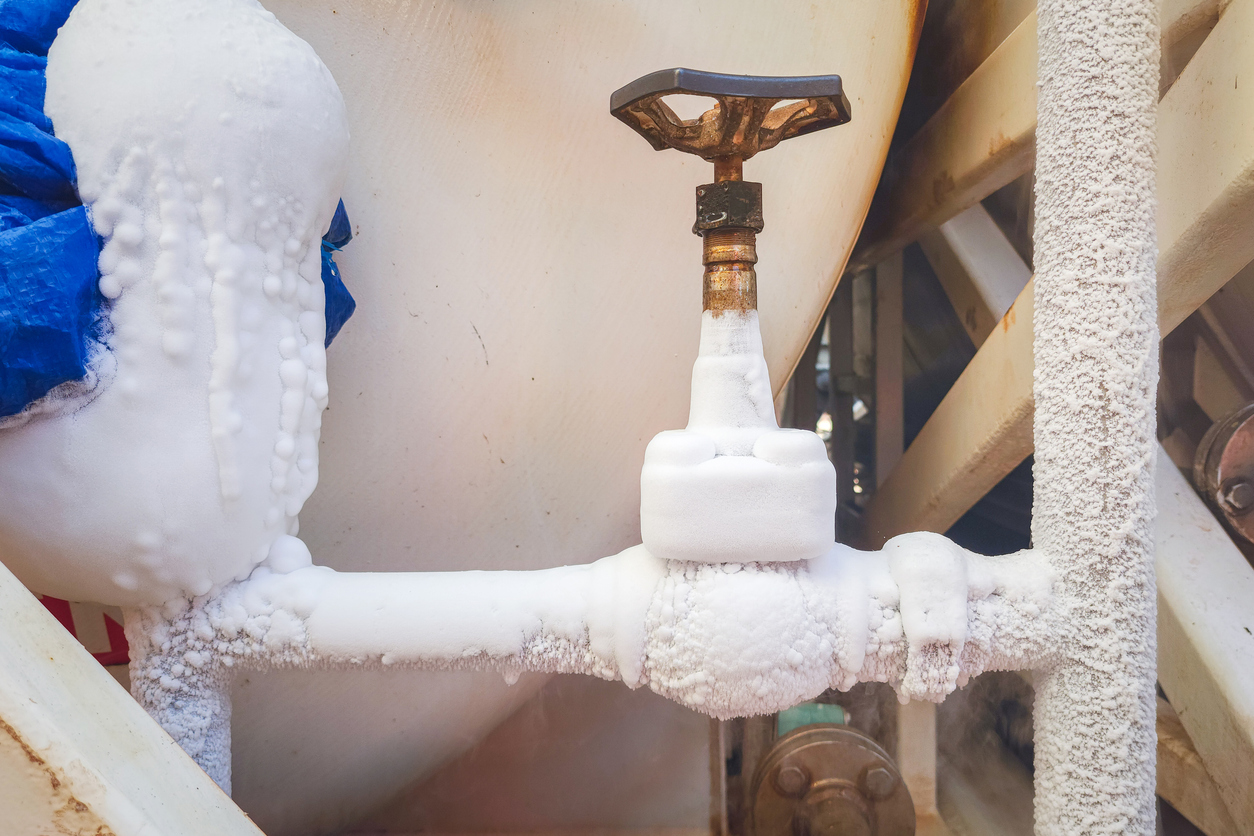Winter Prep: Commercial Property Insurance for Hospitality Businesses

Hospitality businesses often face increased risks in winter, such as frozen pipes and slip-and-fall accidents, making comprehensive hospitality insurance essential. Understanding the differences between commercial insurance versus personal policies is critical for proper coverage.
Additionally, reduced customer demand during colder months adds financial strain, highlighting the importance of tailored risk management.
Hospitality insurance helps manage seasonal risks by covering common winter hazards like property damage and liability for customer injuries. It also provides financial protection against unexpected interruptions.
Why Hospitality Insurance Matters
Hospitality insurance is a specialized policy designed to protect businesses in the hospitality sector. These policies cover a range of risks such as property damage, liability claims, and business interruption.
Insurance safeguards assets by guaranteeing financial compensation for damages to property or equipment. Additionally, the policy protects employees and customers by offering coverage for workplace accidents and injuries that may occur on-site.
Winter Risks for Hospitality Businesses
Winter brings a range of hazards that can disrupt hospitality properties and their operations. These include:
- Snow damage: Heavy snowfall can lead to roof collapses or damage to outdoor structures, causing costly repairs and potential service disruptions.
- Frozen pipes: Cold temperatures can freeze and burst pipes, leading to water damage and the need for expensive repairs and downtime while systems are fixed.
- Power outages: Winter storms can result in power loss, affecting heating, lighting, and essential services, which can temporarily close the business and cause a loss of revenue.
These risks can severely impact business continuity, increasing repair costs and leading to service interruptions.
Commercial Versus Personal Insurance
Commercial insurance covers specific risks associated with running a business, such as property damage, liability, and employee-related claims. In contrast, personal insurance is intended to protect individuals’ assets and personal well-being, offering coverage for private matters.
Hospitality businesses require tailored commercial coverage to address unique operational risks that standard personal insurance cannot adequately protect.
Winter Preparation Tips for Hospitality Businesses
To reduce risks and potential insurance claims, hospitality properties can take several steps to winter-proof their facilities. These include:
- Inspecting and maintaining heating systems: Regularly check heating equipment to prevent breakdowns during cold weather, reducing the risk of frozen pipes or system failures.
- Clearing snow and ice regularly: Keep pathways and entrances clear of snow and ice to minimize slip-and-fall accidents, lowering liability claims from injured guests or employees.
- Sealing windows and doors: Confirm that all windows and doors are properly sealed to retain heat, reducing the risk of damage from freezing temperatures and preventing unnecessary energy costs.
These actions help mitigate the risks associated with winter conditions and can lower the likelihood of insurance claims for property damage or liability.
Protect Your Business This Winter
Hospitality insurance is crucial for protecting businesses from the unique risks posed by winter weather, such as property damage and customer injuries. Knowing the difference between commercial insurance and personal policies can safeguard hospitality businesses against seasonal hazards.
It’s important to review your current insurance policies to confirm they provide adequate winter coverage. Contact Daniels Insurance today!
About Daniels Insurance, Inc.
At Daniels Insurance, Inc., we have a unique understanding of the risks that businesses like yours face on a regular basis. With the backing of our comprehensive coverages and our dedication to customer service and quick claims resolution, your business will be fully protected. For more information, contact us today at (855) 565-7616.
